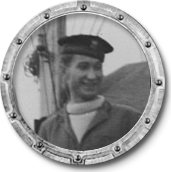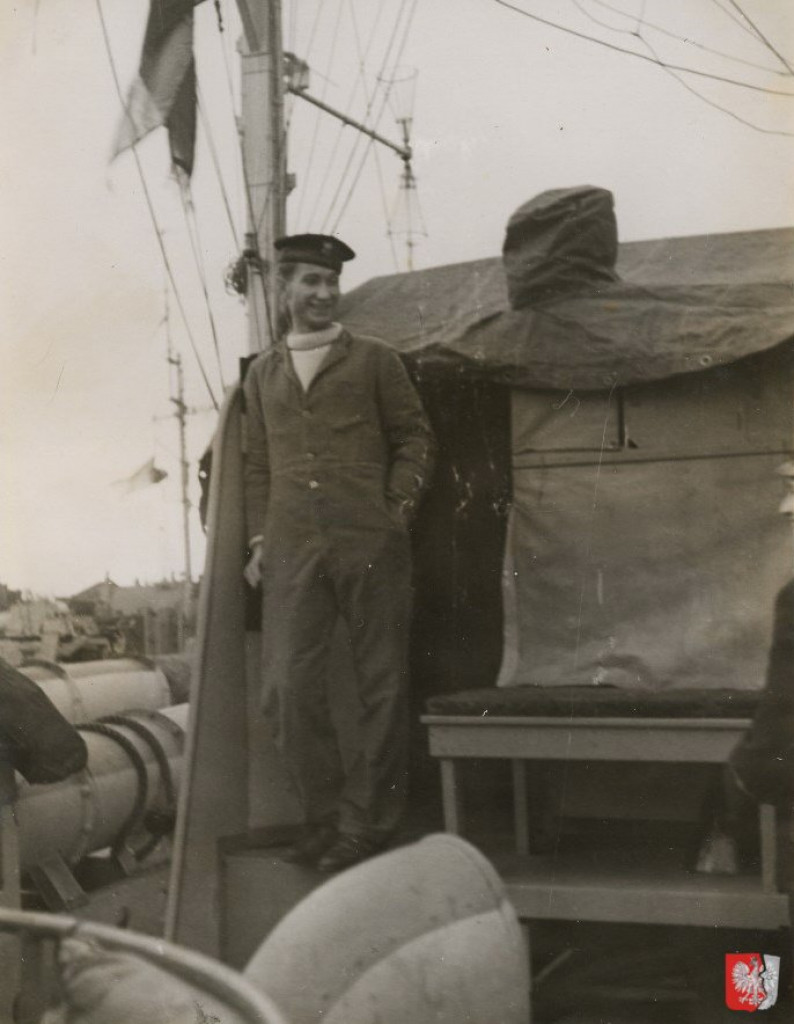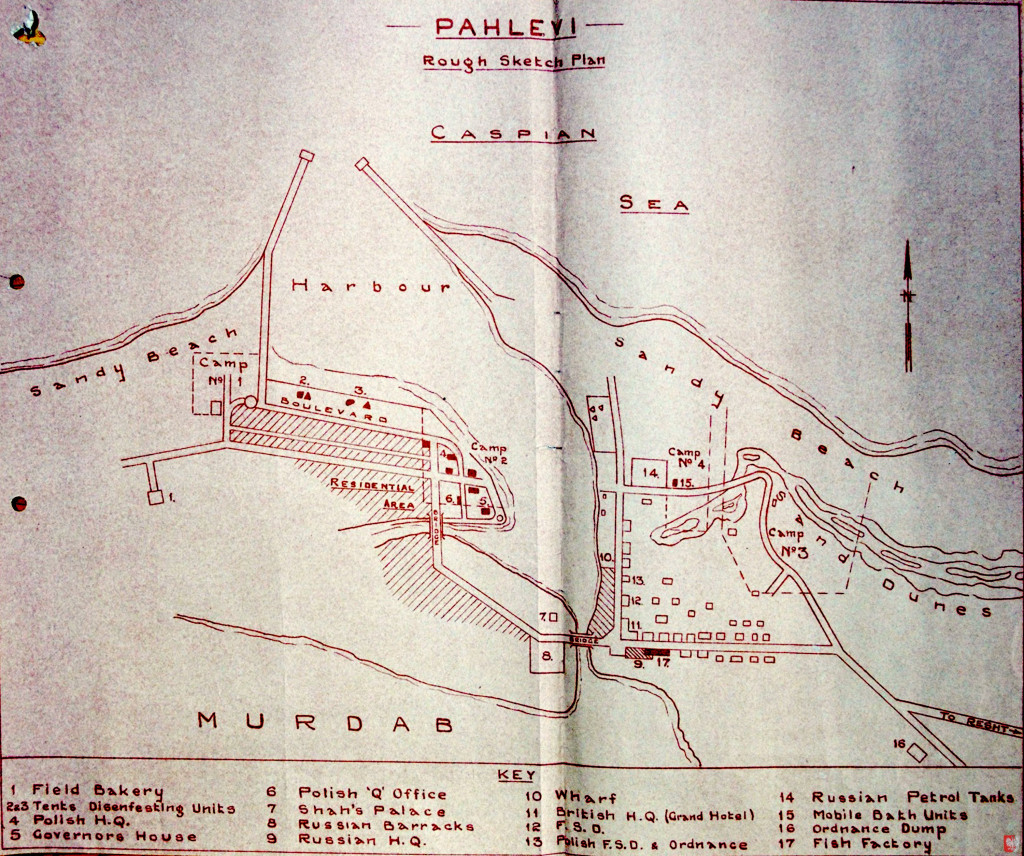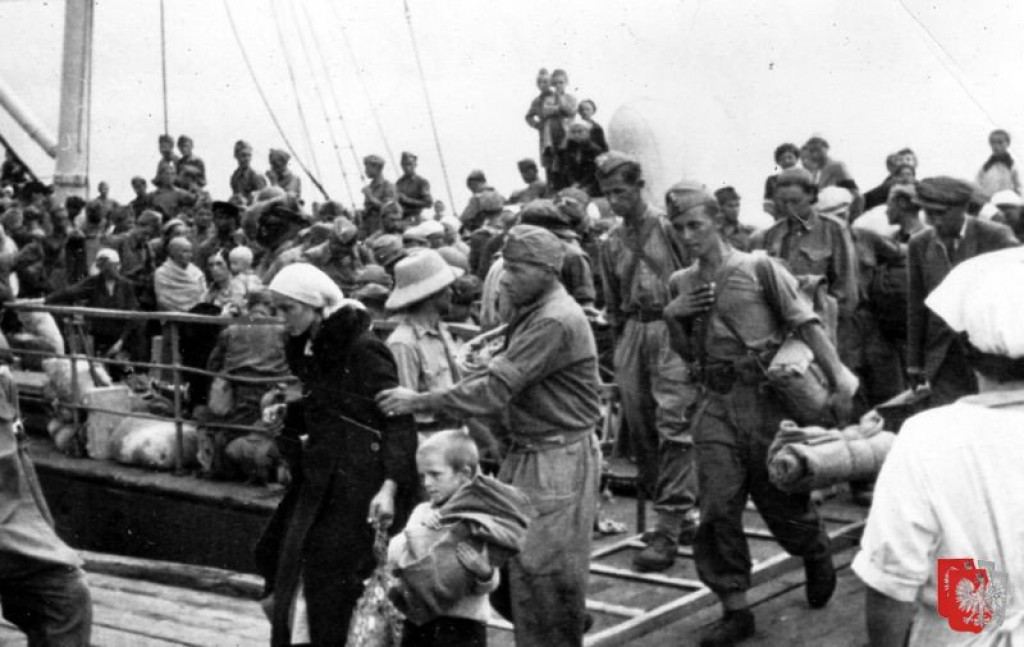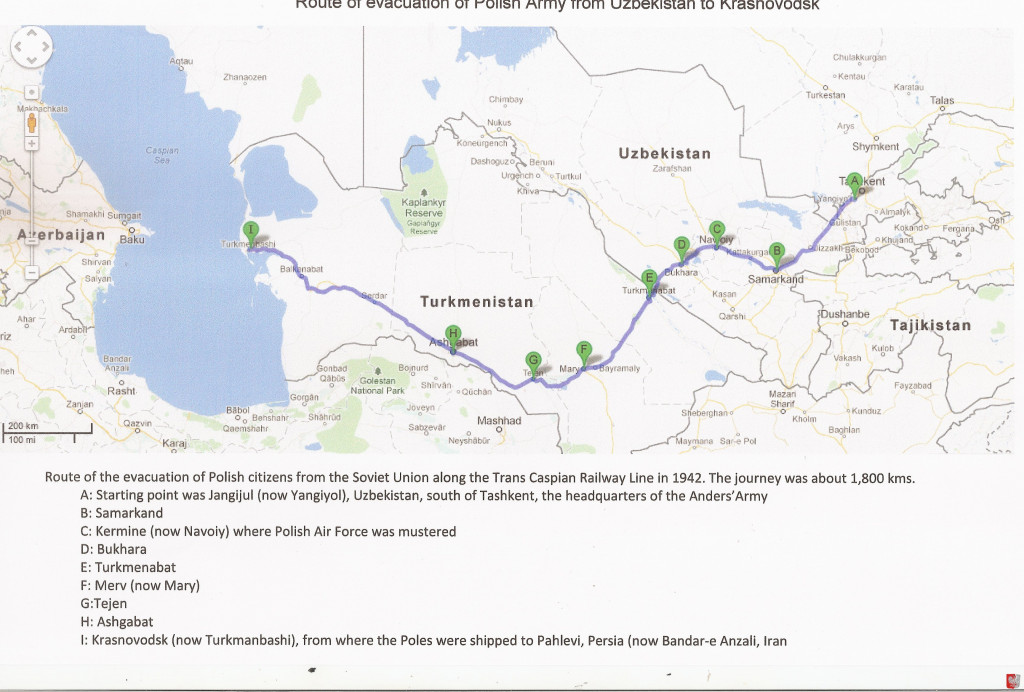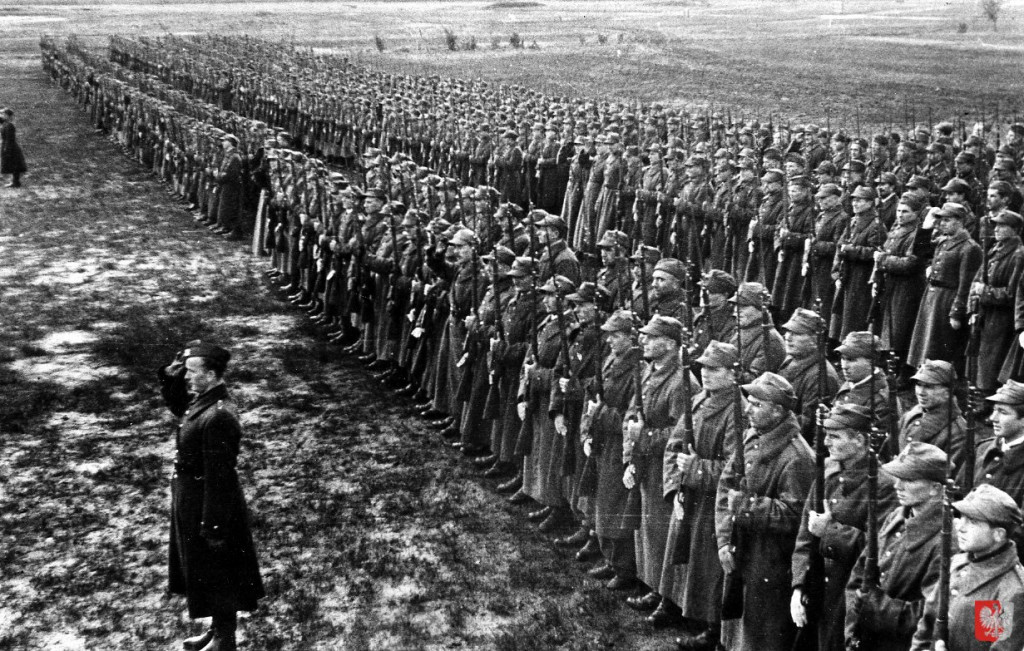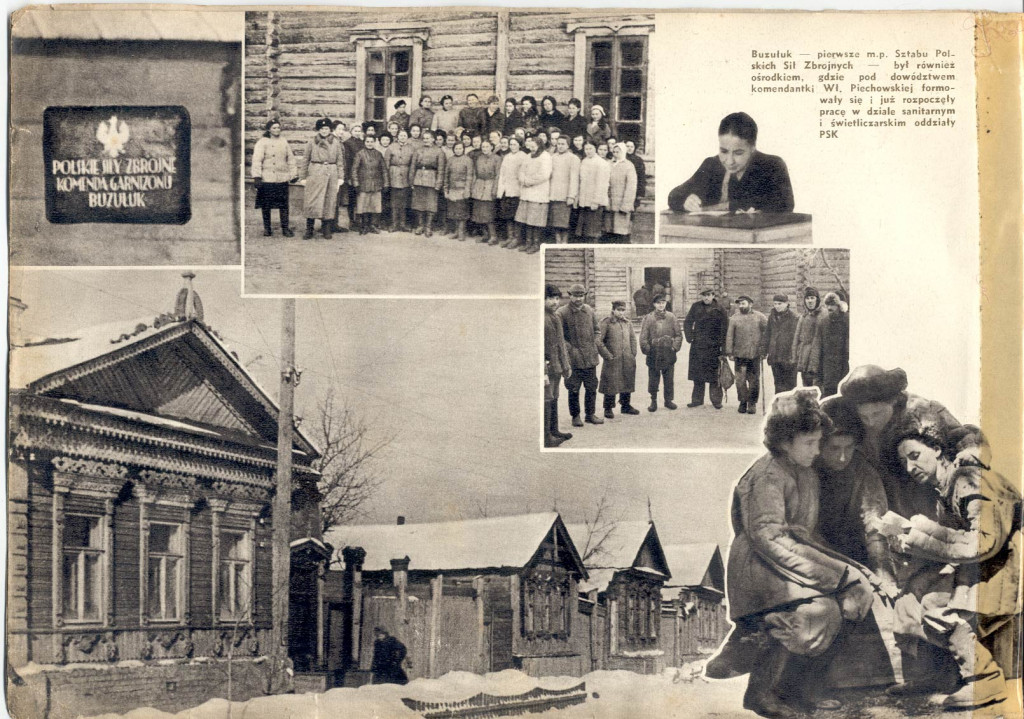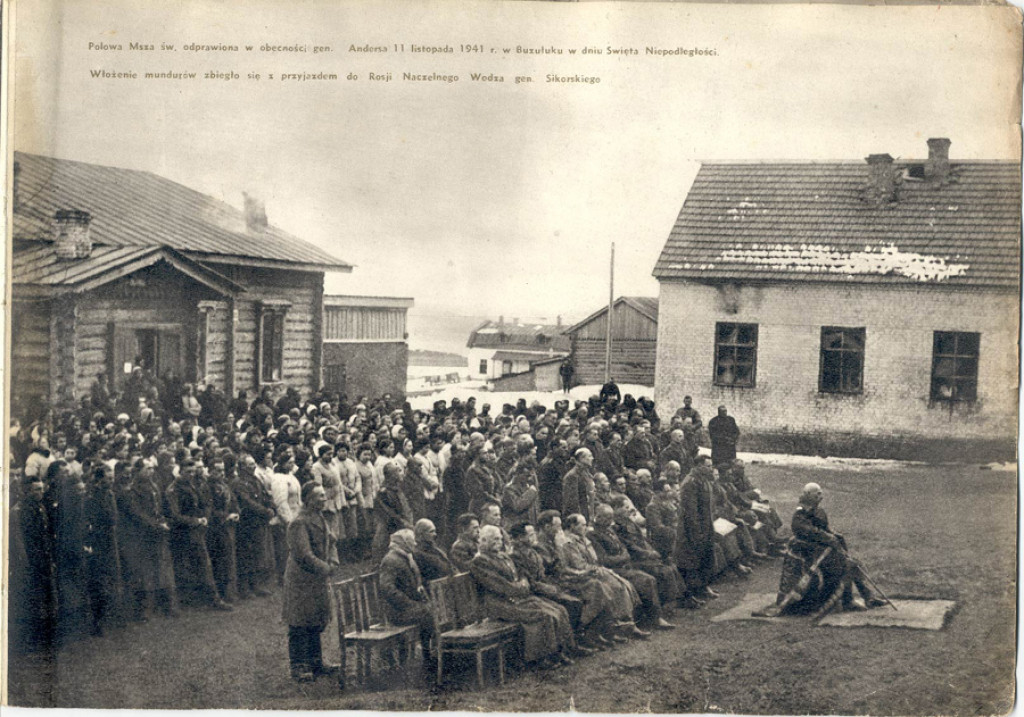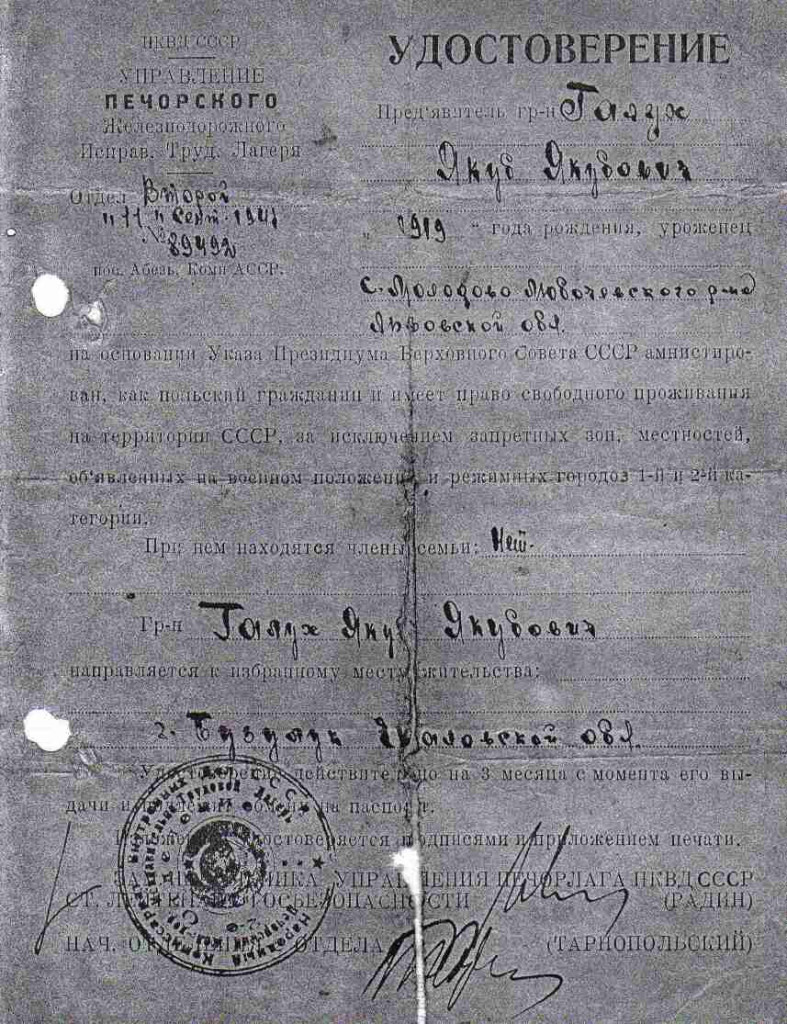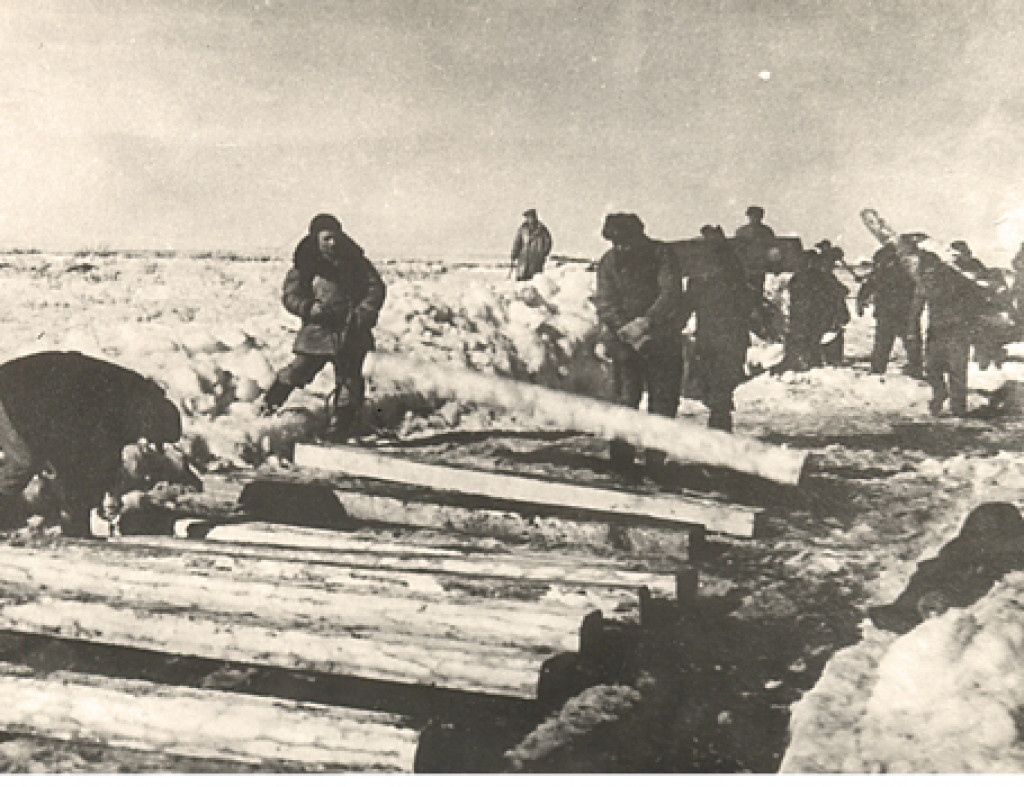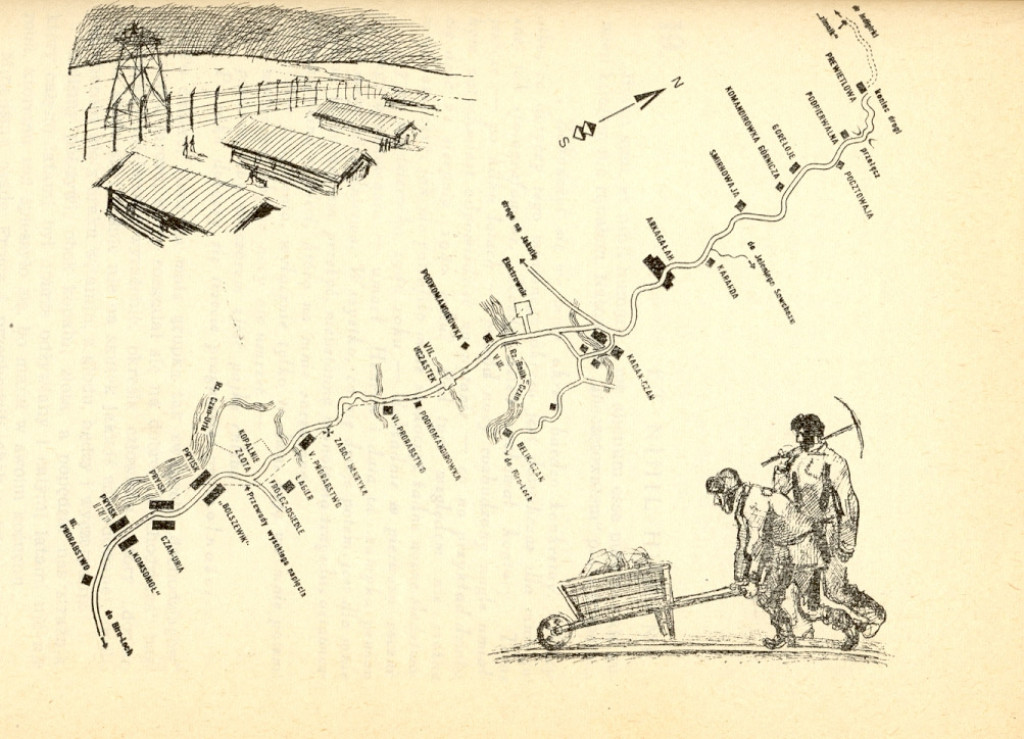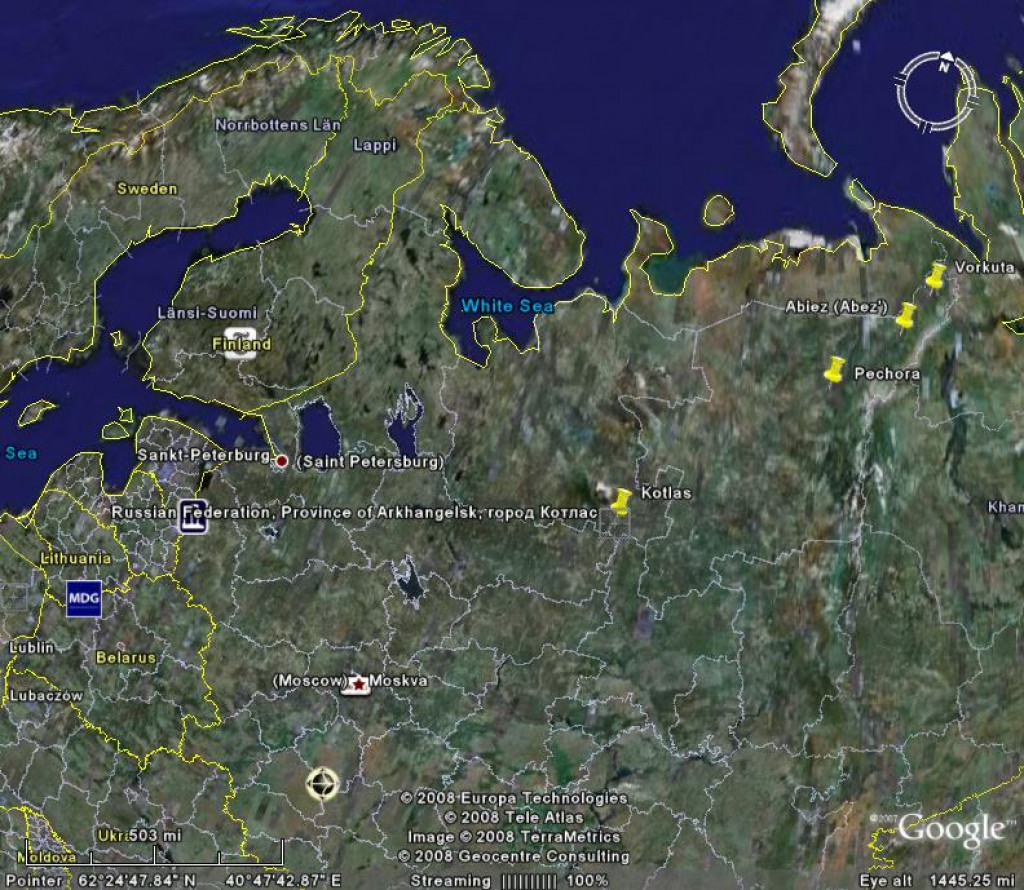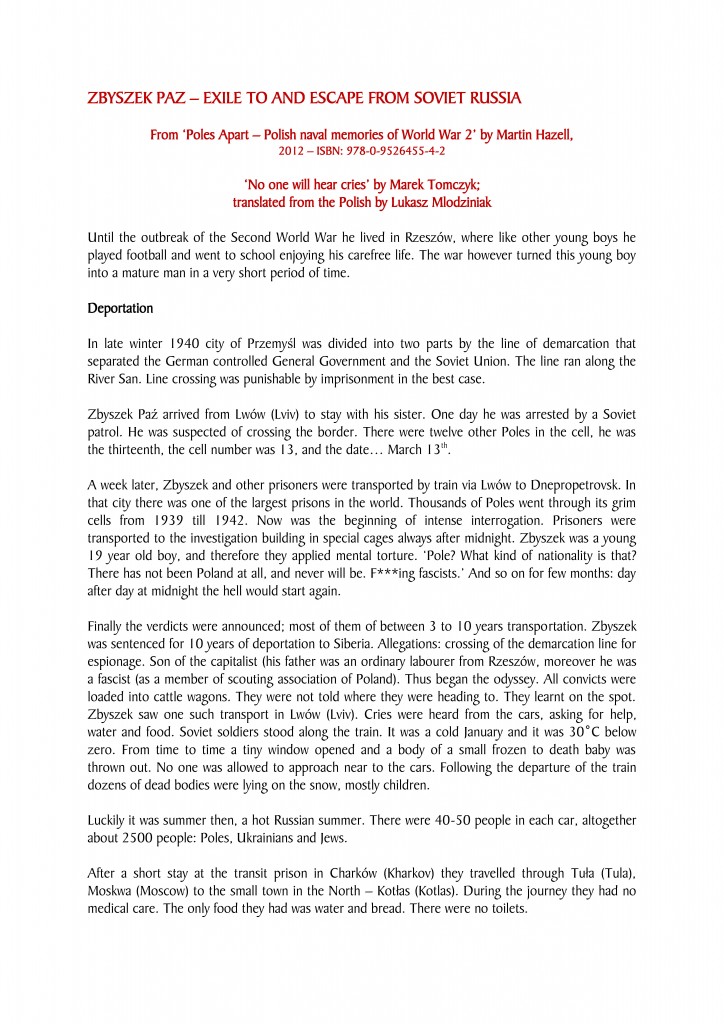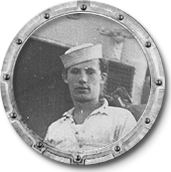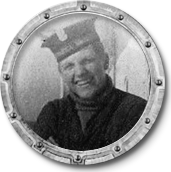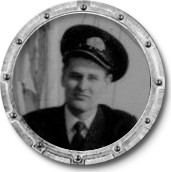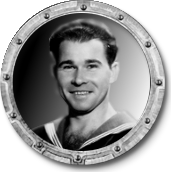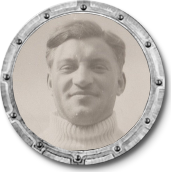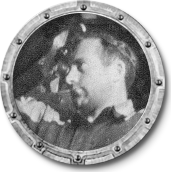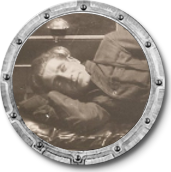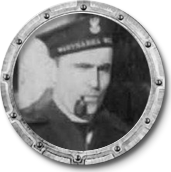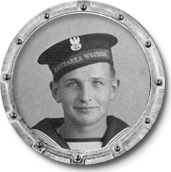1,000 sailors and 1,500 airmen are the first to be released from captivity in the USSR, crossing the Caspian Sea to Persia on 24th March 1942.Navy recruits from USSRIn the late winter of 1940 Zbyszko Paz was sentenced to 10 years of hard labour in USSR, on suspicion of crossing the border between Nazi-occupied and Soviet occupied Przemyśl. He was sent to the notorious Vorkuta Gulag system in the Komi Republic (160 km above the Arctic Circle). The following is an account of his escape from the USSR and enlistment in the Polish Navy.You are all freeOne day in June 1941 rumour spread around the camp that the Nazi Germany had invaded the Soviet Union. ‘You are all free now. You can go to work if you want, or you can stay in the camp.’ Nobody knew that the end of that hell was caused by the resumption of diplomatic relations between the Polish Government in Exile and the Soviet Union. At this point, the most important were these words: You are all free!However, most convicts had to spend a few months in the camp. Documents of a few prisoners went missing. Sometimes during assemblies the names were called out of the prisoners that were no longer alive. One day during the roll call his name was called out. All the lucky people received 200 rubbles per person and went on the journey into the unknown. Somewhere a Polish Army was being created and they needed to get there.Train stations were full of thousands of refugees as the Soviet German front was moving east everyone was trying to run away from the war zone. They were informed that a Polish Army was formed in Buzuluk in Orenburg Oblast. They followed winding roads, some on foot, some by train until they finally reached the town by the Samara River. Here disappointment awaited them. The Soviet NKVD Officer told them that they had to get to Tashkent. ‘Where is it?’ ‘Far away gentlemen. Quite far away. Almost at the border’.They were wandering full of uncertainty and fear if they might not arrive on time. Finally they reached Tashkent… There was the army, the Polish Army. There were tears of joy and a welcome, but everyone was in a quite solemn mood. There was not enough space at the camp for everyone coming. Officers were accepted immediately. Zbyszek unfortunately was not an officer. On the other side he was not allowed to stay in the city, as it stated on his permit: avoid bigger cities. He was not the only one. Most of these men camped under the stars, in parks on the snowy ground. Soviet militia had to intervene on several occasions; therefore the group had to leave the city. They were hired to harvest cotton in nearby city of Jambul in Kazakhstan. They lived in huts of mud, sleeping on the bare ground. Their only reward was a kilogram of maize flour.So it had been several months, but then news came that the 10th Division of the Polish Army was being created in Ługowa. There was no time to delay. They packed their belongings and set off. Finally they were accepted at the camp. They were all there: the airmen, sailors, infantry and artillerymen. Zbyszek found out that sailors and airmen would be the first to leave the USSR. He was still young, and had gone through hell already so he decided to give a false statement, that before the war he had served in the navy. He told everything he knew about the navy in front the commission and he messed everything up. Strangely, though, he was accepted. He was however very fit, despite of his experience at the camp.
Airmen and sailors were taken to Krasnovodsk, and loaded onto the ship Astrakhan sailing to Persia. They all finally got to Teheran by train and were quarantined and housed in an old munitions factory. People that were accommodated there spoke English. That was the end of the first part of the odyssey of Zbyszek and many other Polish exiles. From Persia to via India and South Africa they finally arrived in Britain.
Excerpt from: ZBYSZEK PAZ – EXILE TO AND ESCAPE FROM SOVIET RUSSIA
From ‘Poles Apart – Polish naval memories of World War 2’ by Martin Hazell, 2012 – ISBN: 978-0-9526455-4-2

